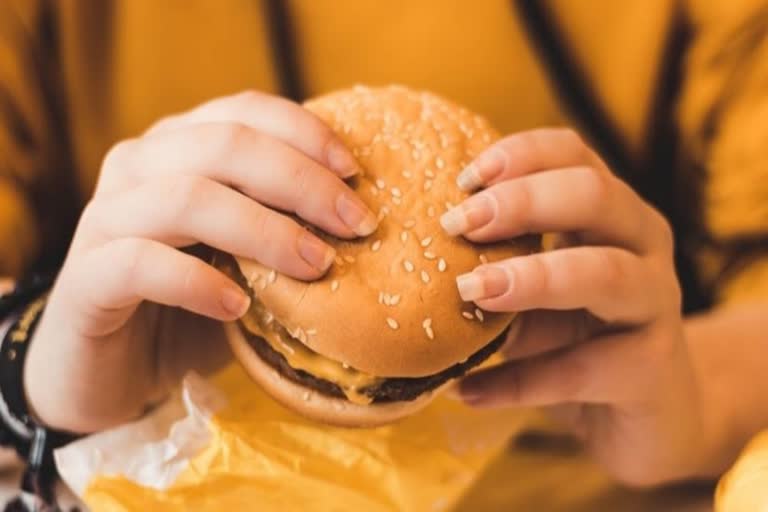London: Chocolate bars, crisps and fries - why can't we just ignore them? According to a new study, foods with a high fat and sugar content change our brain, and it unconsciously learns to prefer high-fat snacks. If we regularly eat even small amounts of them, the brain learns to consume precisely these foods in the future, researchers from the Max Planck Institute for Metabolism Research in Germany and Yale University in the US said. They published the findings in the journal Cell Metabolism.
"Our tendency to eat high-fat and high-sugar foods, the so-called Western diet, could be innate or develop as a result of being overweight. But we think that the brain learns this preference," lead author Sharmili Edwin Thanarajah, from Max Planck said. To test this hypothesis, the researchers gave one group of volunteers a small pudding containing a lot of fat and sugar per day for eight weeks in addition to their normal diet. The other group received a pudding that contained the same number of calories but less fat.
Also read:Eating handful of nuts & seeds daily can lower heart risk by 25%
The volunteer's brain activity was measured before and during the eight weeks. The brain's response to high-fat and high-sugar foods was greatly increased in the group that ate the high-sugar and high-fat pudding after eight weeks. This particularly activated the dopaminergic system, the region in the brain responsible for motivation and reward.
"Our measurements of brain activity showed that the brain rewires itself through the consumption of chips and co. It subconsciously learns to prefer rewarding food. Through these changes in the brain, we will unconsciously always prefer foods that contain a lot of fat and sugar," lead author Marc Tittgemeyer, from Max Planck explained.
During the study period, the test persons did not gain more weight than the test persons in the control group and their blood values, such as blood sugar or cholesterol, did not change either. However, the researchers assume that the preference for sugary foods will continue after the end of the study. "New connections are made in the brain, and they don't dissolve so quickly. After all, the whole point of learning is that once you learn something, you don't forget it so quickly," Tittgemeyer said. (IANS)
(This story has not been edited by ETV Bharat and is auto-generated from a syndicated feed.)
